The Black Hole of Social Media: O’Neill’s Experience
November 18, 2015
By Sophie Ladanyi

Essena O’Neill, an “instafamous” social media personality, has decided to quit social media altogether to show others how she may have “made it” online, but she did not really “make it” in life. The Australia native first created social media accounts at age 16 and within two years, she had amassed 750,000 followers on YouTube and Instagram combined. Companies bombarded her inbox asking her to promote their products and she was offered contracts with some of the biggest modeling agencies in both Australia and the United States.
This probably seems like a millennial’s Cinderella story, but O’Neill readily admits that her shellacked social media universe was, in fact, making her “miserable.” In her farewell YouTube video, O’Neill says she gave up social media for her twelve-year-old self and describes how low her self-esteem was and how high her regard for social media celebrities was at the time: “When I was twelve, I told myself that I meant nothing…because I wasn’t popular online…I wasn’t beautiful by society’s standards.” She even tells viewers how, at an especially low point, she looked up models’ waist measurements and compared them to her own.
O’Neill tried to remedy her depression and anxiety by getting on social media when she saw girls like herself with lots of online attention and thought, “they would be so happy…with all those people who love them. I want that, I want to be valued.” Unfortunately, the more enveloped she got by her online world, the more intense her depression and anxiety became.
Even with the rapidly growing popularity and wealth, the attention she received never satisfied her desire for acceptance. O’Neill also became aware of the fake way companies use social media stars as a method of product placement, saying “companies will email you with…what you should say, with times of the day to post…with how you should hold the product…”
O’Neill announced her decision to quit social media late last month. She has since created a website, LetsBeGameChangers.com, to promote her cause of “encouraging others to live authentically” and showing others how social media is impure and unreal. While O’Neill’s severe depression and anxiety most likely intensified her “struggles” with social media, she raises an insightful point that we can all learn from: the majority of social media is a painstakingly curated self-promotional exhibition, a carefully painted plastic Barbie doll house of a universe. Posted content does not truly represent social media celebrities’ lives. Most importantly, their lives and work are not “#goals” for what ours can be. We should just lead our own authentic lives instead of trying to emulate something unreal. As O’Neill says to aspiring social media stars in her video: “[by not letting social media exploit you] you have nothing to lose, you have everything to gain.”
Much of what we as young adults see online can damage our psyche, often without us realizing it.
Contributors to the Journal of Eating Disorders found that young female Facebook users often have intense body image dissatisfaction. University of Memphis researchers also found that, while posting positive content online may temporarily boost young adults’ self-esteem, it does not do so in the long run.
Extensive social media use has been linked to increased depression and anxiety, as well as poor quality of sleep and difficulty relating to others, according to the British non profit, AnxietyUK. Cyber-bullying plays a big role in social media’s destruction of teenage mental health, too. The Journal of the American Medical Association Pediatrics reports that 23 percent of teens identify as being or having been a cyber bullying victim.
Simply put, if used appropriately, social media is great. But there is a very fine line between using it appropriately and letting it take over your life and even invade your privacy. The world is your oyster, not just your iPhone.


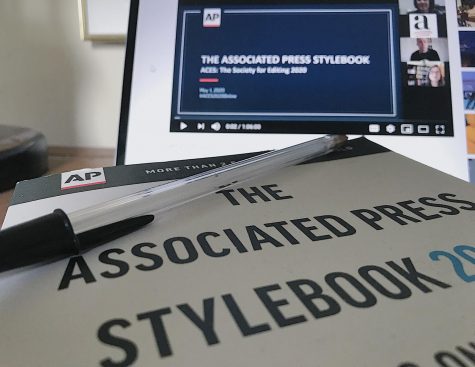
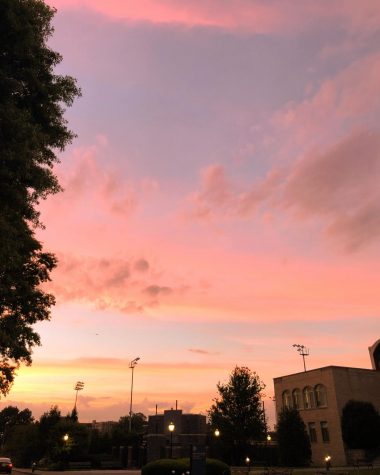


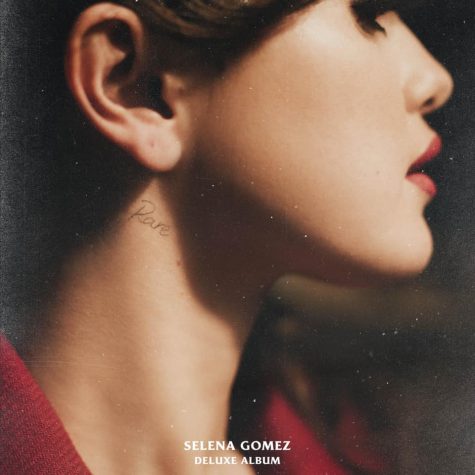

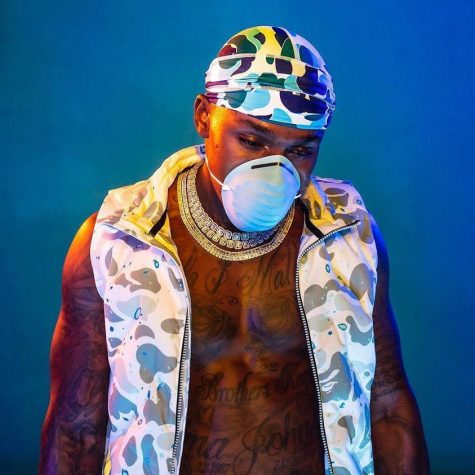
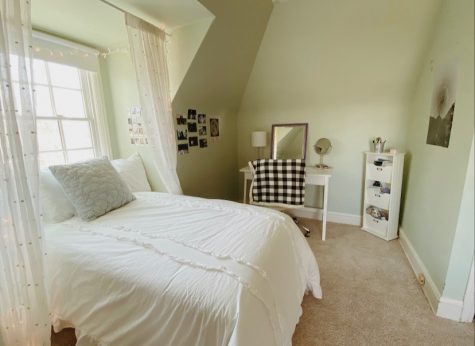
If you want a picture to show with your comment, go get a gravatar.